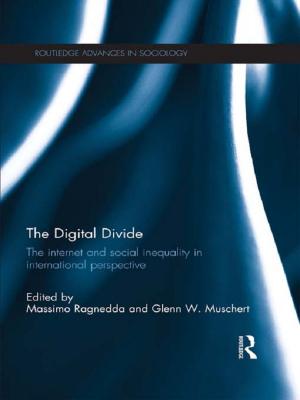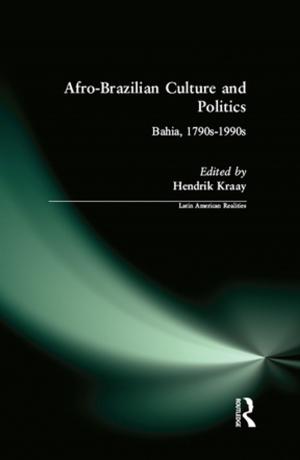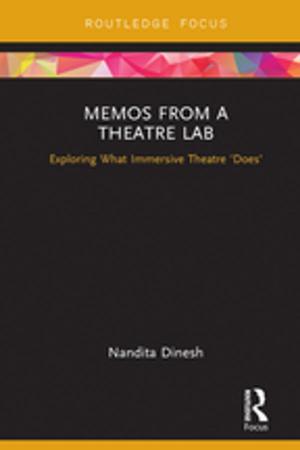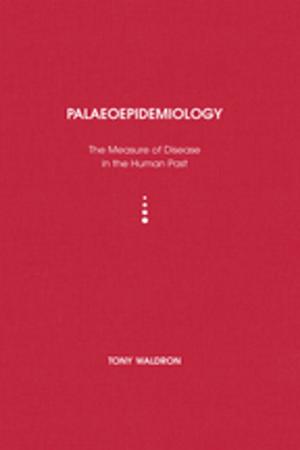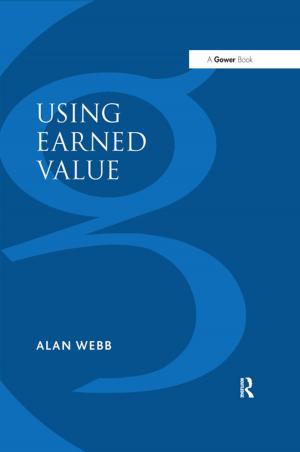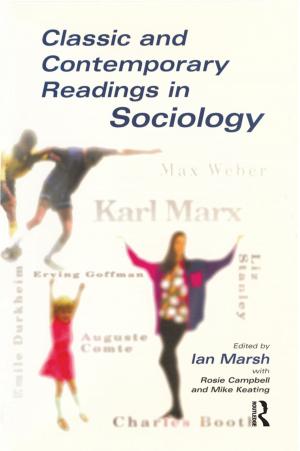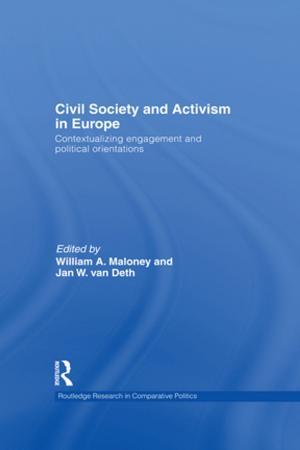Contemporary Jewish Writing
Austria After Waldheim
Nonfiction, Religion & Spirituality, Judaism, History, Christianity, Church, Church & State| Author: | Andrea Reiter | ISBN: | 9781135114725 |
| Publisher: | Taylor and Francis | Publication: | November 12, 2013 |
| Imprint: | Routledge | Language: | English |
| Author: | Andrea Reiter |
| ISBN: | 9781135114725 |
| Publisher: | Taylor and Francis |
| Publication: | November 12, 2013 |
| Imprint: | Routledge |
| Language: | English |
This book examines Jewish writers and intellectuals in Austria, analyzing filmic and electronic media alongside more traditional publication formats over the last 25 years. Beginning with the Waldheim affair and the rhetorical response by the three most prominent members of the survivor generation (Leon Zelman, Simon Wiesenthal and Bruno Kreisky) author Andrea Reiter sets a complicated standard for ‘who is Jewish’ and what constitutes a ‘Jewish response.’ She reformulates the concepts of religious and secular Jewish cultural expression, cutting across gender and Holocaust studies. The work proceeds to questions of enacting or performing identity, especially Jewish identity in the Austrian setting, looking at how these Jewish writers and filmmakers in Austria ‘perform’ their Jewishness not only in their public appearances and engagements but also in their works. By engaging with novels, poems, and films, this volume challenges the dominant claim that Jewish culture in Central Europe is almost exclusively borne by non-Jews and consumed by non-Jewish audiences, establishing a new counter-discourse against resurging anti-Semitism in the media.
This book examines Jewish writers and intellectuals in Austria, analyzing filmic and electronic media alongside more traditional publication formats over the last 25 years. Beginning with the Waldheim affair and the rhetorical response by the three most prominent members of the survivor generation (Leon Zelman, Simon Wiesenthal and Bruno Kreisky) author Andrea Reiter sets a complicated standard for ‘who is Jewish’ and what constitutes a ‘Jewish response.’ She reformulates the concepts of religious and secular Jewish cultural expression, cutting across gender and Holocaust studies. The work proceeds to questions of enacting or performing identity, especially Jewish identity in the Austrian setting, looking at how these Jewish writers and filmmakers in Austria ‘perform’ their Jewishness not only in their public appearances and engagements but also in their works. By engaging with novels, poems, and films, this volume challenges the dominant claim that Jewish culture in Central Europe is almost exclusively borne by non-Jews and consumed by non-Jewish audiences, establishing a new counter-discourse against resurging anti-Semitism in the media.

